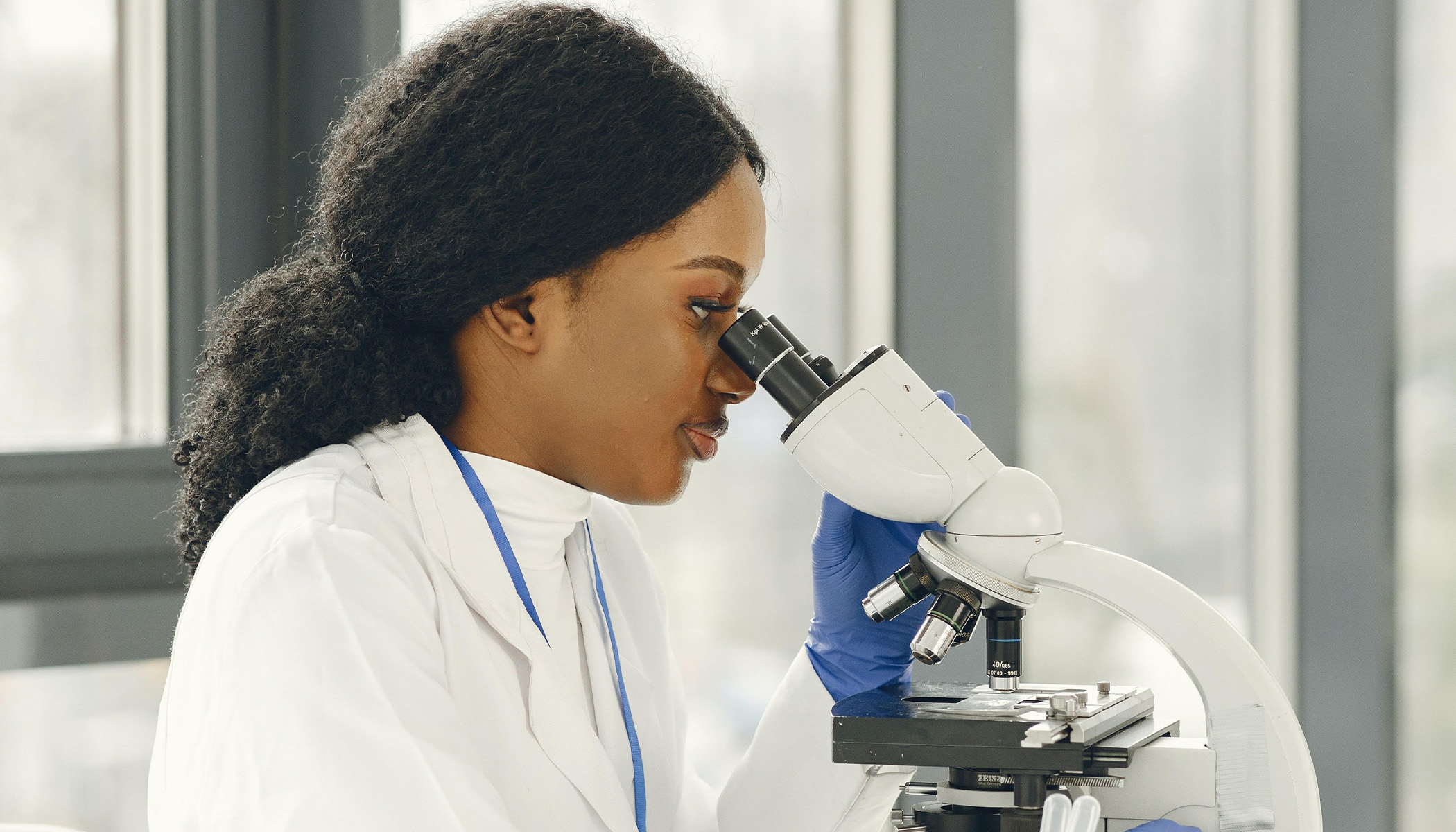KE Award Winners
Life SciencesIn July 2021, Apollo Therapeutics – a joint venture between UCL, University of Cambridge and Imperial College London with global pharma partners AstraZeneca, GlaxoSmithKline, and Johnson & Johnson Innovation – completed a $145m fundraising round.
Apollo Therapeutics was founded in 2016 to bring together breakthrough discoveries from the university partners to establish a portfolio venture with the potential to transform the lives of patients through new therapies. The 2021 deal will help to ensure those therapies can continue to progress to market, as well as supporting Apollo Therapeutics to continue building its pipeline and making vital links with innovators.
We were incredibly proud to be awarded ‘KE Deal of the Year’ for this collaboration. We are excited by the potential impact it will have on society, and the opportunity to change the lives of patients through commercialisation.
Of course, bringing Apollo Therapeutics through to this point was not without its challenges or demands on our individual organisations.
As a portfolio venture, it is relatively unique, combining the IP and firepower of multiple parties. This, of course, brought about fresh challenges which required creative thinking and solutions, as multiple parties will always have multiple priorities and diverse needs.
The deal required three leading commercialisation offices – UCL Business, Imperial College London’s Enterprise Division and Cambridge Enterprise – to collaborate and negotiate as one, alongside three pharmaceutical companies, Apollo Therapeutics and Patient Square Capital. In total six legal firms were involved. We also needed to engage the investor community, finding and working with lead investor Patient Square Capital and partners Rock Springs Capital, Reimagined Ventures and UCL Technology Fund.
To take the deal forward, we also collaboratively deployed our commercialisation expertise to successfully manage the deal, leveraging professional skillsets in finance, legal affairs, regulatory support, and business management. It’s worth noting that our respective teams had already established a strong working relationship through the establishment of Apollo, and as such, all parties had a clear understanding of one another’s respective internal processes. Each university’s support was coordinated, on-track and on-time, avoiding delay or failure.
The deal’s structure was a first of its kind, with partners collaborating to target the funding gaps that can hinder development of early stage innovations, and upskilling to deliver investment for a new model. The deal will support rapid advancement of the pipeline with over 15 therapeutic programs currently in development across oncology, major inflammatory disorders, and rare disease.
It creates the opportunity to unlock new jobs, support larger-scale R&D, and better take treatments from lab through to patient.
Of course, the work of PraxisAuril and the KE Awards helps our sector to build on this.
The deal demonstrates that the knowledge universities generate is not just constrained to the blue skies, but that through collaboration, we can unlock real-world, life-changing innovation.
The lessons and know-how learned by each university will support the development of other portfolio-based collaborative ventures, and the management of unique and complex deals with investors. This deal required active collaboration between our partners, and we hope by telling this story, we can help others to collaborate in a similar way and deliver further societal impact.
The impact for partners is significant. The investment will support the advancement of Apollo Therapeutics’ robust pipeline, expansion of the company’s operations in Cambridge, UK, establishing a presence in Boston, USA and support the pursuit of new collaborations globally. Apollo Therapeutics will continue collaborating with partner universities to source new projects, meaning this deal may supercharge knowledge exchange and impact into the future.
Apollo Therapeutics were awarded the KE Deal of the Year Award in the 2021 KE Awards organised by PraxisAuril. This guest blog was first published on PraxisAuril’s website 25 January 2022.











